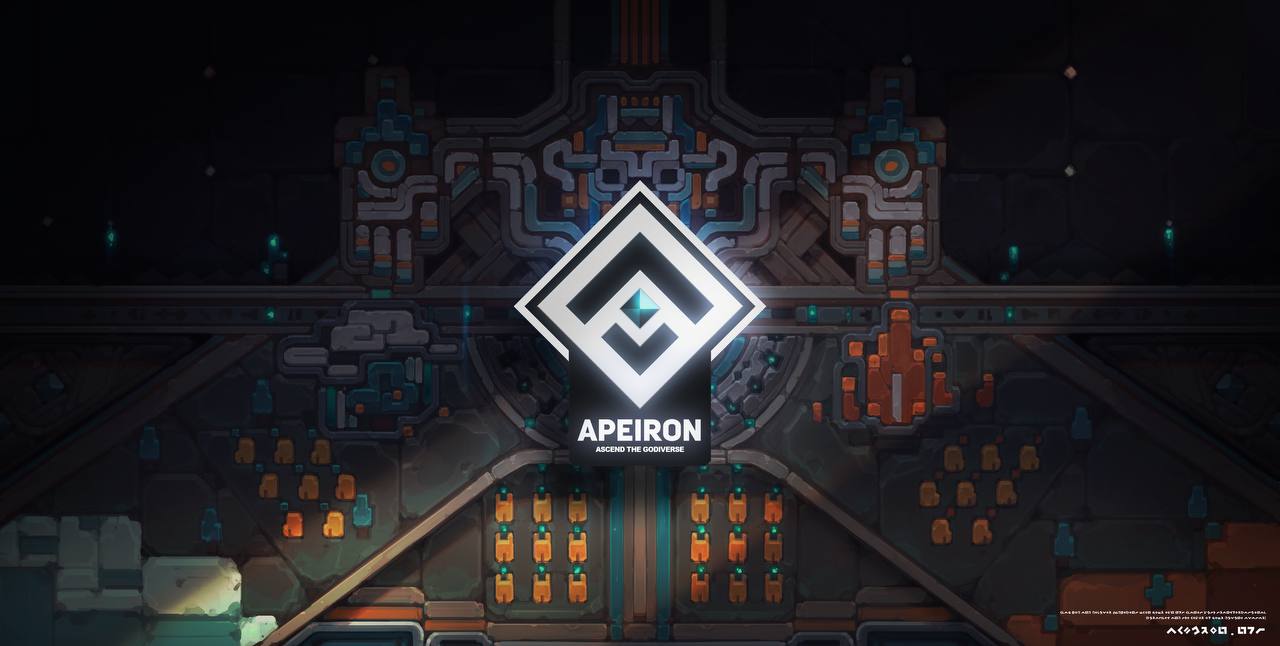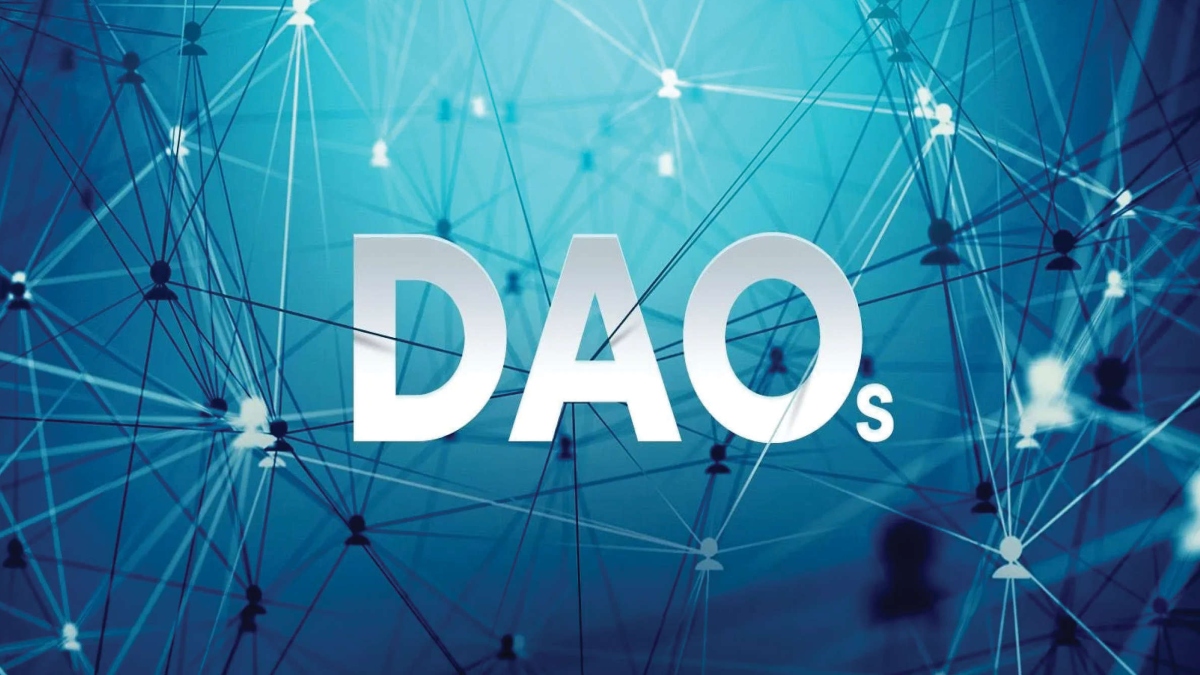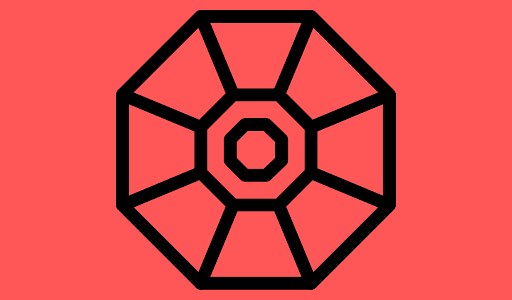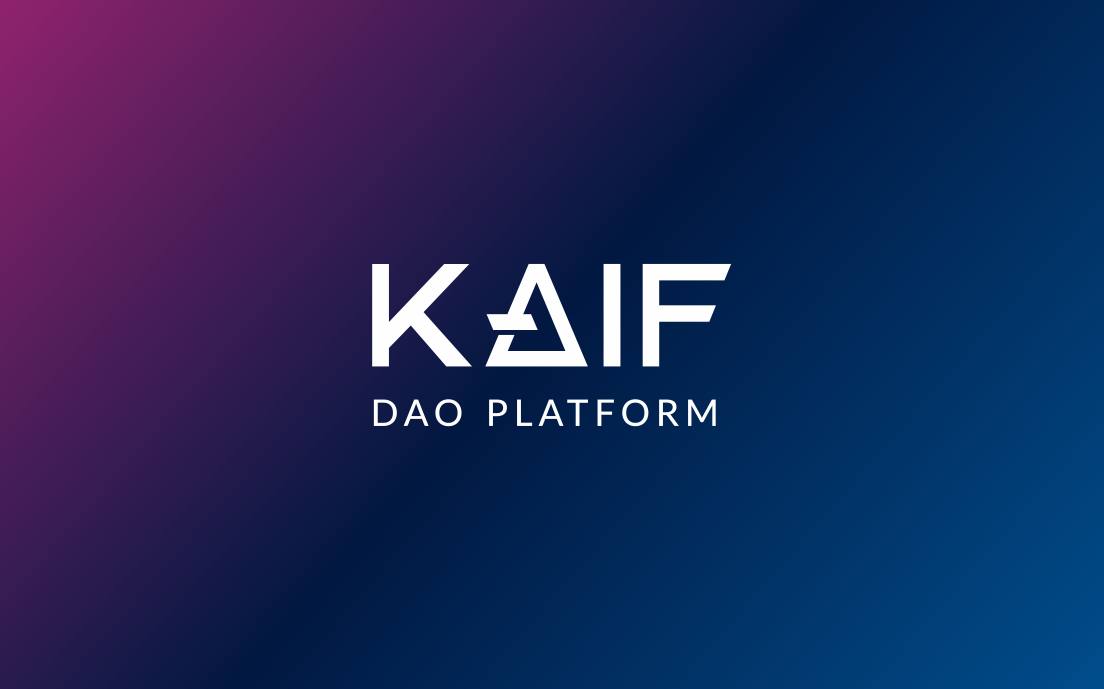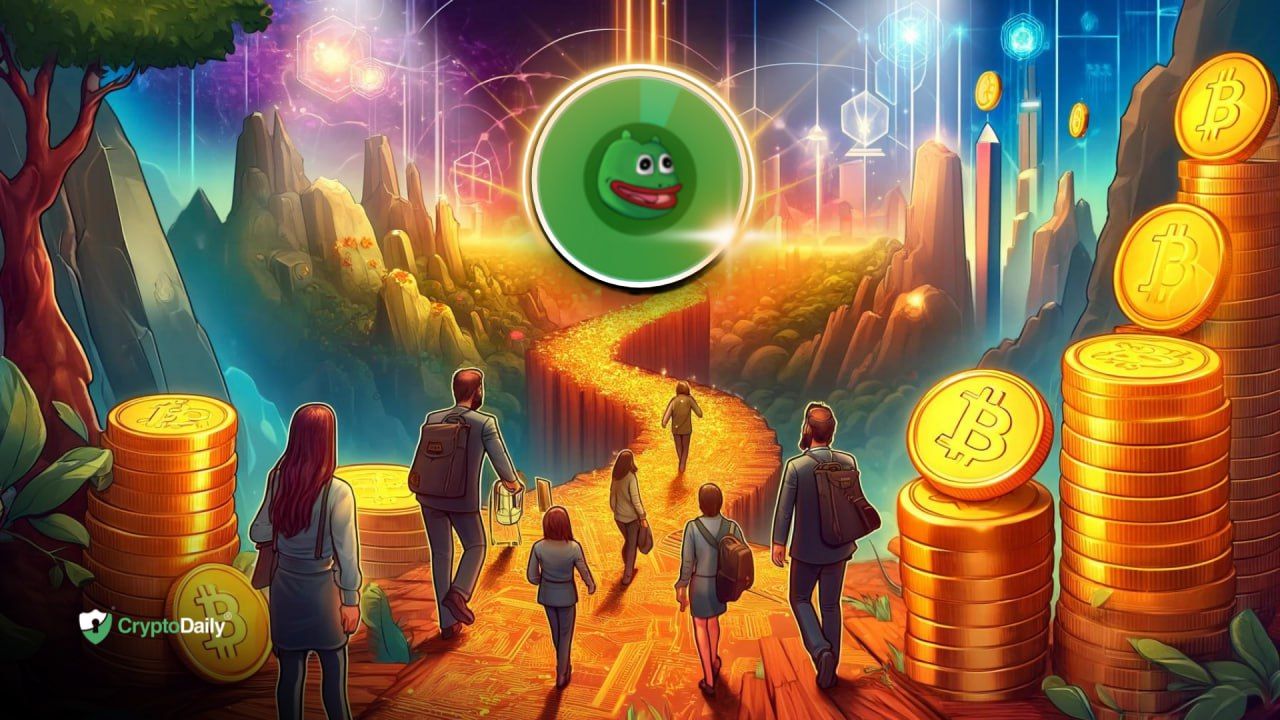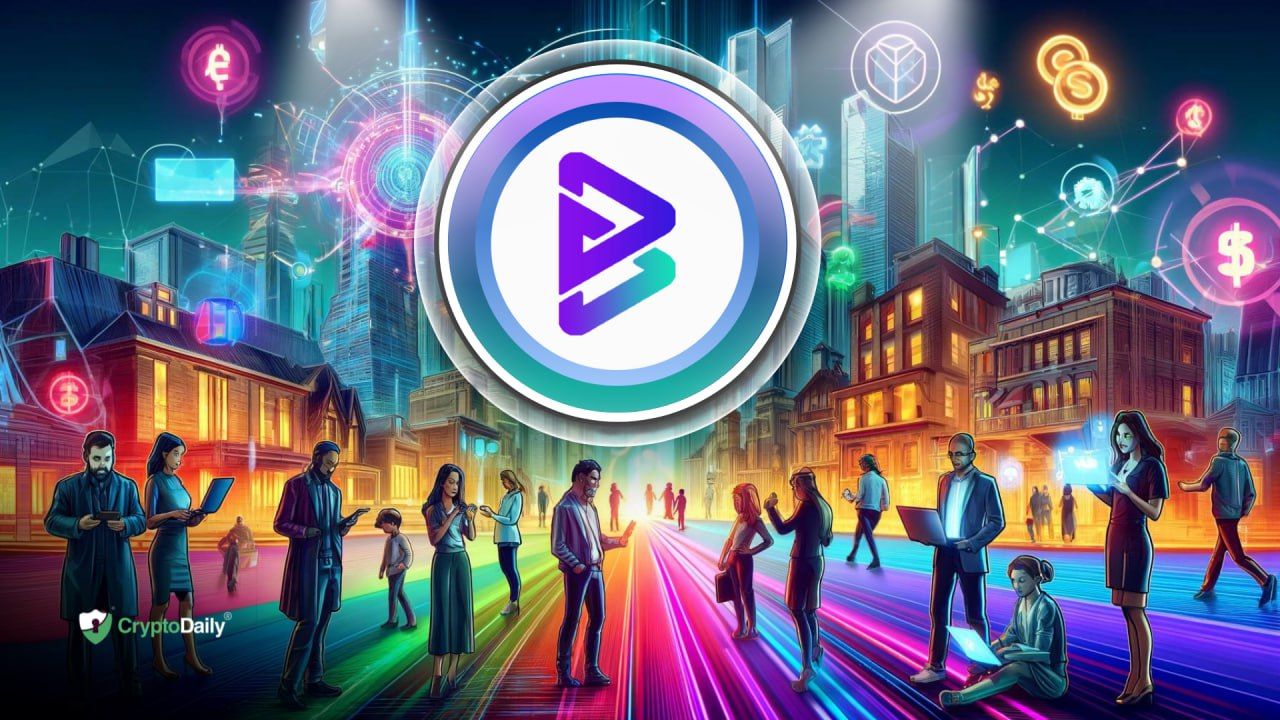While a lot of the hype for blockchain technology surrounds its use for decentralized currency, the tools provided by blockchain allow us to create novel organization types. Ones based on community ownership and deliberative democracy. These tools unlock the potential to fundamentally change how organizations like businesses and NGOs are structured. But what can this technology bring to Play-to-Earn games?
DAO stands for Decentralized Autonomous Organization. These fully internet-based organizations use blockchain technology to create non-hierarchical organizations that are collectively owned and managed by their members. Membership in the DAO is determined by token ownership, and decisions are made collectively and enforced by smart contracts. As DAOs are built on open source blockchains, all voting decisions and financial transactions are viewable and can be audited. These features make the organization fully autonomous and transparent.
DAOs present exciting and revolutionary opportunities to create new organizations for a myriad of purposes. Some flashy examples from 2021 included a DAO that raised nearly $3 million to buy a copy of a concept art book for a movie adaptation of the Dune series that was never made. Another DAO raised $47 million to bid on an original copy of the United States Constitution. (They were outbid by Ken Griffin, CEO of the hedge fund Citadel.) While these examples get most of the media attention, the true value of DAOs lie in the fundamental challenge they present to the hegemony of hierarchical organizations. DAOs open up opportunities for international coordination and collaboration that may change the way we think about governance in business organizations and NGOs. The use of smart contacts allows for more flat and democratic structures at less cost.
But what do DAOs mean for Play-to-Earn games? Many games have promised DAOs as a mechanism for collective decision making for token holders in the game. DAO-based voting can affect the narrative of the game as well as financial decisions regarding the game economy. But does this structure give true power to the community? Is the number of tokens a player owns or how much money they have invested in the game the measure of how much they love the game? Do their choices regarding the game reflect the desires of the community as a whole? The core question we seek to answer is who “owns” the game?
One game that seriously promises to give power over its game to its real community is Apeiron. While most games only consider voting rights to people who hold a specific token, Apeiron aims to weigh in all tokens and NFTs in their game, because all assets in Apeiron are intricately tied with one another via in-game mechanisms. This more accurately reflects the entire community’s interests. Furthermore, considering that vested interests may not necessarily entail love and care in the long run, Foonie Magus has committed to listening to their community and seeking out those who genuinely care for the project, while ensuring their voices are heard.
Apeiron is the first blockchain based God-game. It brings together elements of popular god-games such as Spore and Black and White with card based action role playing games, and introduces Play-to-Earn mechanics. The game will give players decision-making power over the flow of the greater narrative. Using DAO structures, players will vote on Galaxy Progression, use of revenue from token issue, game operations, game asset allocation and token buy-back schemes. But the difference with other games with DAO governance structures is Apeiron’s vision to give decision making power to the true lovers of the game: Those whose investment in the game is not just calculated by the money they spent.
The team at Apeiron believe players with real time and emotional investment in the game have the best interests of the game at heart. These players will make the decisions that will best benefit longevity in the game, and ultimately, decision making power must rest with them. The team's dedication to the game’s fans, and their vision towards securing longevity makes Apeiron truly stand out from other Play-to-Earn games.
Disclaimer: This article is provided for informational purposes only. It is not offered or intended to be used as legal, tax, investment, financial, or other advice.
